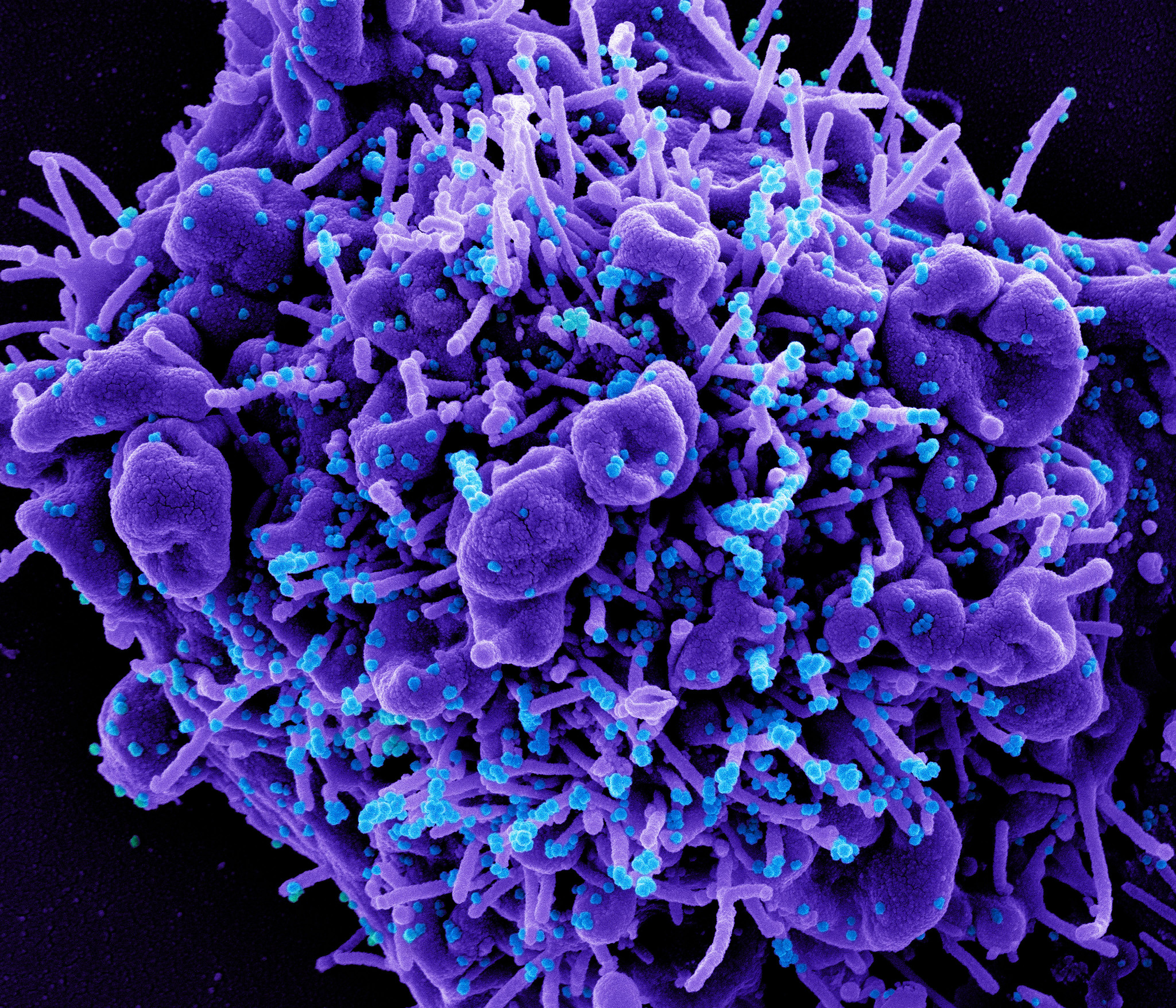Health Capsule
Antibodies Protect Against COVID-19 Reinfection

After having COVID-19, most people’s bodies develop antibodies to help fight it off. These are special molecules made by the body’s disease defense system, the immune system. A study found that people with these antibodies were less likely to get COVID-19 again.
Researchers looked at more than 3 million people who had an antibody test for SARS-CoV-2. SARS-CoV-2 is the virus that causes COVID-19.
They found that about 11% of people had SARS-CoV-2 antibodies. More than 88% had a negative test. And less than 1% of tests were inconclusive.
The scientists looked at who came down with COVID-19 after the test. They analyzed up to 30 days, 31–60 days, 61–90 days, and more than 90 days after.
About 3% to 4% of people with negative antibody tests got COVID-19 in each time period. But those who had antibodies were less likely to have COVID-19 as time went on. Only 0.3% of the people with antibodies had a positive COVID-19 test more than 90 days after. Those without antibodies were 10 times more likely to get the disease.
The findings suggest that people who have a positive result from an antibody test may be at lower risk for future infection with SARS-CoV-2.
NIH’s Dr. Lynn Penberthy, who led the research team, explains that more questions still need to be answered. “We are nevertheless encouraged by this early finding,” she says.
NIH Office of Communications and Public Liaison
Health and Science Publications Branch
Building 31, Room 5B52
Bethesda, MD 20892-2094
Contact Us:
nihnewsinhealth@od.nih.gov
Phone: 301-451-8224
Share Our Materials: Reprint our articles and illustrations in your own publication. Our material is not copyrighted. Please acknowledge NIH News in Health as the source and send us a copy.
For more consumer health news and information, visit health.nih.gov.
For wellness toolkits, visit www.nih.gov/wellnesstoolkits.




